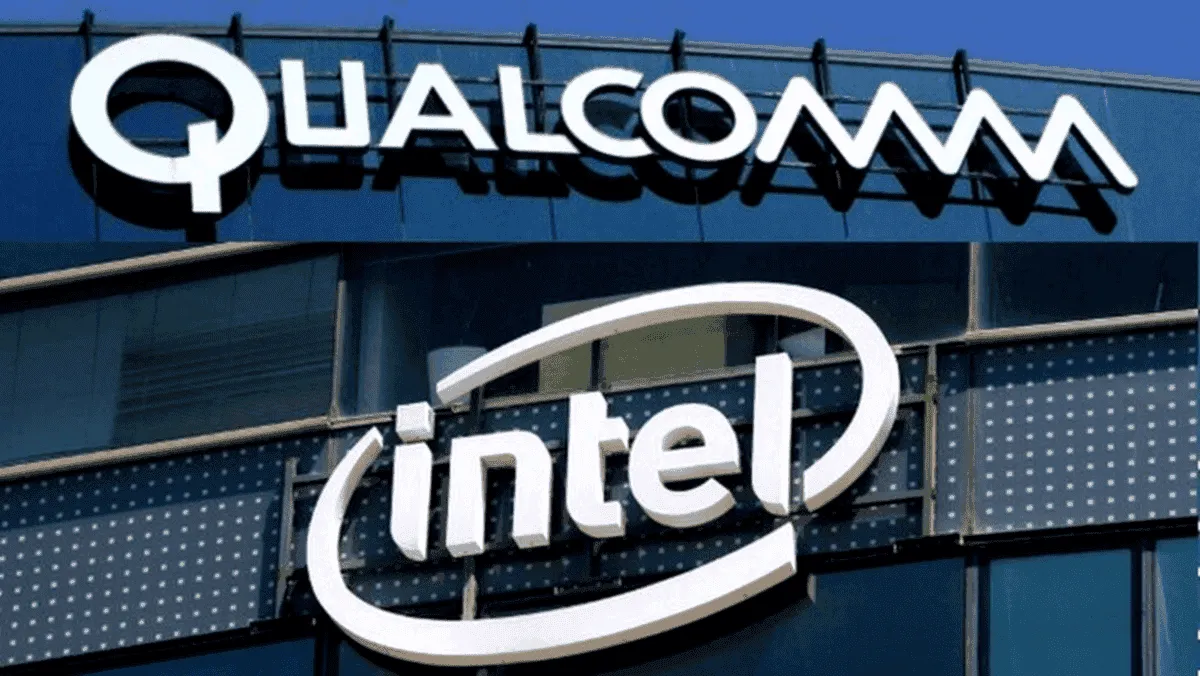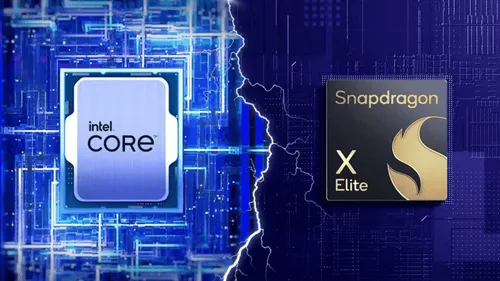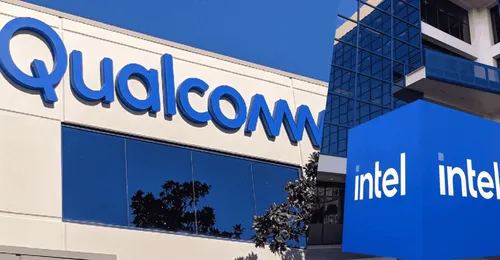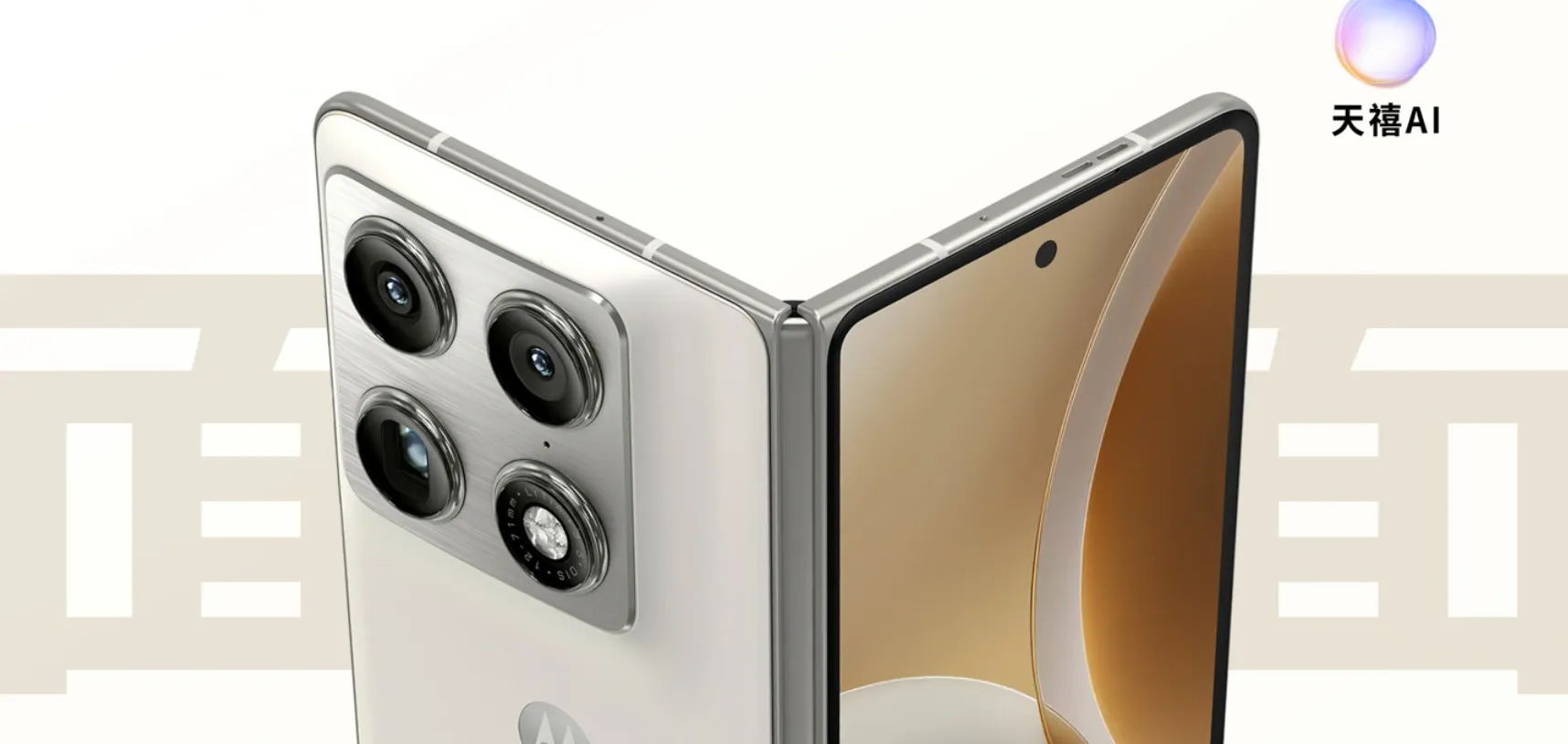Ming-Chi Kuo Weighs In on Qualcomm and Its Bold Move to Acquire Intel
TechMonday, 23 September 2024 at 00:36

In a surprising development that could alter the semiconductor landscape, Qualcomm, the leading mobile chipmaker, has reportedly reached out to Intel, a former powerhouse in the PC processor market, regarding a potential acquisition. While the agreement remains uncertain, the potential consequences could be significant.
Ming-Chi Kuo Predicts Financial and Strategic Pitfalls
Intel, once the clear leader in the PC processor market, now faces growing challenges. The company has encountered manufacturing issues, shrinking market share, and a shift in consumer preferences towards mobile devices. In contrast, Qualcomm has found success in the mobile sector, powering smartphones for major brands like Samsung.
A merger between the two companies could create a powerful semiconductor company with a strong presence in both mobile and PC markets. However, according to noted analyst Ming-Chi Kuo, the deal would face significant hurdles. Antitrust regulators would likely examine the merger closely due to the combined market influence of both firms. Additionally, merging two large and complex organizations presents a major challenge.

For Qualcomm, acquiring Intel could offer several benefits. It would give access to the data center and server markets, which are crucial for AI and cloud computing. Moreover, Intel's manufacturing strengths could help Qualcomm lessen its dependence on external foundries like TSMC.
However, this acquisition could also bring considerable risks. Intel has struggled to regain its competitive edge, raising doubts about Qualcomm's ability to revitalize the company. The deal might also impose a heavy financial burden on Qualcomm, which may need to take on significant debt to fund the acquisition.
The future of the merger remains unclear. If the deal goes ahead, it could have a major impact on the semiconductor industry. However, this ambitious move carries substantial risks. Only time will tell if this strategy proves successful for Qualcomm.
The Focus Should Be on AI Chips
Currently, the San Diego-based chipmaker's primary focus should be on enhancing its competitiveness in the AI chip market:
- On-Device AI Smartphone Chips: The Snapdragon maker holds a strong position in this sector, competing directly with Apple.
- On-Device AI PC Chips: As Windows on ARM (WoA) continues to optimize, Snapdragon strength in this area will become increasingly evident.
- AI Server Chips: This remains a weak spot for Qualcomm, necessitating attention and improvement.
Kuo suggests that to succeed in the new AI era, Qualcomm should focus on generating cash from AI smartphone chips while strengthening its leadership in that market. The company also needs to advance its work on AI PC chips and build a complete on-device AI ecosystem for both smartphones and PCs. Additionally, Qualcomm must improve its server AI chip capabilities through smart investments and acquisitions.
Buying Intel could help in the AI PC chip business. However, Microsoft’s commitment to Windows on ARM (WoA) in its latest Surface models, which use Snapdragon X processors, makes the company's growth in the PC market look promising. While acquiring Intel could quickly increase Qualcomm’s market share in PCs, it would also come with high costs. Qualcomm can still do well in the AI PC sector without this acquisition.

The Acquisition Could Bring Financial Losses to Qualcomm
Intel's stronghold in the traditional server market is less appealing for Qualcomm, especially since AI servers are the future, an area where Intel struggles.
Qualcomm has about $13 billion in cash and a market cap of around $190 billion. Even without considering extra costs from the acquisition, Intel’s market cap of about $93 billion could create significant financial pressure on Qualcomm. This might hurt profitability, dropping profit margins from over 20% to single digits or even causing losses, mainly due to issues in the foundry business.
Given the risk of antitrust investigations in different countries, completing this acquisition will likely be hard in the short term. Even if Qualcomm sells some of Intel’s assets to lessen financial and management challenges, those choices won’t come quickly. The uncertainties in the acquisition process could negatively affect Qualcomm’s stock.
Considering all this, Qualcomm has no strong reason to go after Intel. If the acquisition happens, it could lead to serious problems for Qualcomm. My survey shows that Qualcomm has been cautious in internal discussions about the acquisition. This matches rumors that Qualcomm is carefully considering buying Intel due to outside pressures it can’t control.
Popular News
Latest News
Loading






